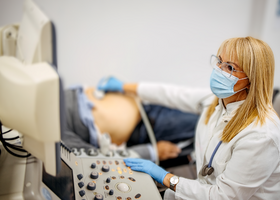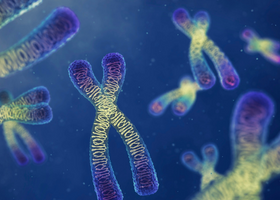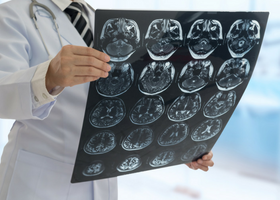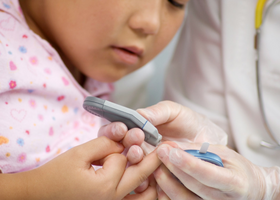Muscular Dystrophy
On any given day, the stem cells located in our muscles are busy rebuilding and repairing the damage caused by exercise or injury. Under normal circumstances, these muscle stem cells are able to keep up with the task, allowing normal muscle function. However, in muscular dystrophies, a mutation causes the formation of weaker muscle fibres, leading to a much higher number of injury sites, along with chronic inflammation, such that the muscle stem cells become incapable of regenerating the tissue. Muscular dystrophy is the term used to cover the 160 known neuromuscular disorders, with the following six being the most common: Duchenne muscular dystrophy, spinal muscular atrophy, myotonic dystrophy, facioscapulohumeral muscular dystrophy, Charcot-Marie-Tooth disease, and myasthenia gravis. Collectively, neuromuscular disorders impact more than 50,00 Canadians. The cost to the Canadian economy for the six common types totals $4.6 billion annually.
Duchenne muscular dystrophy (DMD) is one of the most common types of muscular dystrophy, and September is recognized as Duchenne Awareness month in Canada, with September 7th recognized as World Duchenne Awareness Day.
DMD is caused by an absence of the protein dystrophin that supports the integrity of muscle cells, affecting 1 in every 3,500 male births worldwide. Symptom onset can be as early as age three and usually affects the muscles of the hips, pelvis and shoulders, progressing to skeletal muscles. By the early teens, the heart and respiratory muscles may also be affected.
In support of Duchenne Awareness Month and World Duchenne Awareness Day, the Stem Cell Network is shining a spotlight on Network researchers investigating muscle stem cells who are working avidly to advance treatments for Canadians living with DMD and other forms of muscular dystrophy. From 2019-2025, SCN has committed over $1.7 million in funding in innovative muscular dystrophy research.
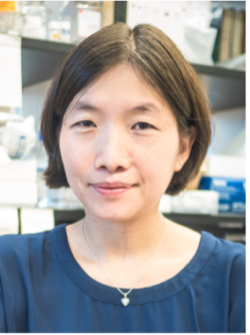 Dr. Natasha Chang, McGill University
Dr. Natasha Chang, McGill University
The focus of Dr. Natasha Chang’s SCN-funded project is to investigate how impaired muscle stem cell function leads to diseases like Duchenne muscular dystrophy with the goal of developing better therapies. Dr. Chang and her team are working on a novel approach of targeting mRNA translation mechanisms to enhance stem cell function. Her research is providing proof-of-concept validation in targeting muscle stem cells and enhancing muscle regeneration for the treatment of muscle degenerative diseases, like DMD.
“We are excited about the prospect of enhancing muscle stem cell function to treat muscle degenerative disease,” said Dr. Chang. “The findings from our Stem Cell Network-funded program will lead to better understanding the role muscle stem cells play in DMD and inform strategies to combine current DMD treatments with stem cell therapy as a holistic therapeutic approach.” – Dr. Natasha Chang
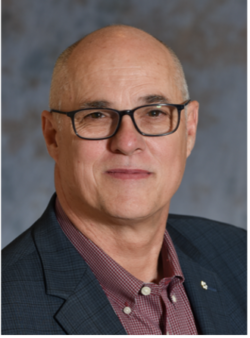 Dr. Michael Rudnicki, Ottawa Hospital Research Institute, Scientific Director – Stem Cell Network
Dr. Michael Rudnicki, Ottawa Hospital Research Institute, Scientific Director – Stem Cell Network
Dr. Michael Rudnicki’s lab is an internationally recognized leader in stem cell biology. Dr. Rudnicki discovered that Duchenne Muscular Dystrophy is caused by mutations in the dystrophin gene, which results in perturbation of muscle stem cell function, muscle degeneration and disease progression.
Dr. Rudnicki was recently a guest on the Pulse podcast by the Ottawa Hospital Foundation, where he spoke about what it means to be one of only 12 Canadians admitted as a Fellow of the Royal Society in the UK, and his discovery in the identification and characterization of muscle stem cells relating to DMD.
https://www.rudnickilab.ca/michael-rudnicki
“New insights into the precise mechanism regulated by disease genes such as dystrophin in muscle stem cells has propelled the field forward and opened the door to new therapeutic strategies to treat neuromuscular disease.” – Dr. Michael Rudnicki
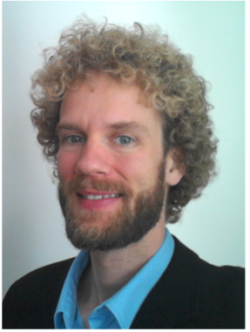 Dr. Florian Bentzinger, Université de Sherbrooke
Dr. Florian Bentzinger, Université de Sherbrooke
Dr. Florian Bentzinger’s SCN-funded research focuses on the hormone Apelin that is highly efficient at stimulating muscle stem cells to multiply and form new tissue. His team is testing drug candidates for their ability to increase Apelin in models of muscular dystrophy and is in the process of filing a patent for the treatment of DMD using these drug candidates.
https://www.bentzingerlab.com/
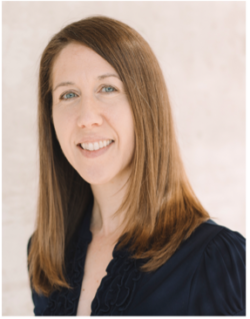 Dr. Penney Gilbert, University of Toronto
Dr. Penney Gilbert, University of Toronto
Dr. Penney Gilbert, who is also a co-investigator on Dr. Florian Bentzinger’s SCN-funded project, specializes in restoring skeletal muscle by using stem cells. Dr. Gilbert’s research aims to improve the function of skeletal muscle stem cells to help repair muscle function in Duchenne muscular dystrophy.
“Our team is studying a new approach to boosting the function of skeletal muscle stem cells to help repair muscle function in DMD,” said Dr. Gilbert. “We have successfully developed mini models of human skeletal muscle in a dish to test new treatments and hope to incorporate a new Canadian start-up company based on this Stem Cell Network-supported technology in the near future.” – Dr. Penney Gilbert
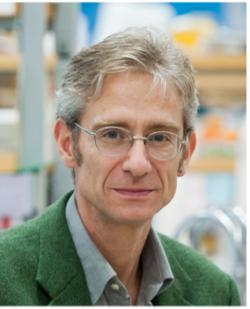 Dr. Fabio Rossi, University of British Columbia
Dr. Fabio Rossi, University of British Columbia
Dr. Fabio Rossi and his team discovered that a protein known as Setd7 plays a critical factor in muscle stem cell expansion. Using a drug to regulate the protein, the team improved muscle function in mouse models of DMD and human muscle stem cells in the lab, opening the way for new therapies in the future.
Defeat Duchenne Canada
The success of the Stem Cell Network (SCN) relies on our members and partners. Defeat Duchenne Canada (DDC) is one of SCN’s valued health charitable partners. DDC’s goal is to defeat Duchenne muscular dystrophy. To learn more about DMD and to help promote Duchenne Awareness Month, visit https://defeatduchenne.ca/.

